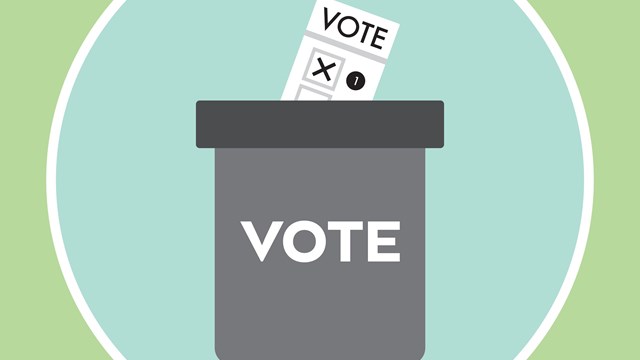Q I am a rent-stabilized tenant in a non-eviction plan Queens co-op. (It was converted in 1986.) A shareholder gave me a ballot proxy so that I could attend the annual meeting of the co-op. Am I allowed to ask questions at this meeting as are the shareholders?
The counsel for the co-op ruled that I may attend and “execute the proxy”, i.e., vote, but refused to recognize me from the floor to ask a question during “new business.” Is this legal? (I also had a power of attorney letter from the shareholder.)
Put another way, does a person acting as a proxy or agent have the same rights and privileges at the meeting as the shareholder he represents?
—Non-Privileged Proxy
A “You state in your query that you were given a ballot proxy so that you could attend the annual meeting. The purpose and intent of a ballot proxy is to give the proxy holder the right to vote the shares of stock held by another,” says Al Pennisi, an attorney with Pennisi, Daniels & Norelli, LLP in Rego Park, Queens.
“Thus, the ballot proxy that you obtained from another shareholder in the building gave you the right, not to attend the annual shareholder meeting, but rather, the right to attend that meeting for the purpose of voting the shares with respect to which you held the proxy. The proxy did not bestow upon you any other right that the shareholder would have had at the annual meeting had the shareholder attended the same. Accordingly, while the shareholder would have had the right, as a shareholder, to ask questions during the ‘new business’ segment of the annual meeting, you, merely as a proxy holder, did not have any such right.
“You also note that you had a power of attorney ‘letter’ from the shareholder. A power of attorney is a creature of statute and is not legally created by a mere ‘letter.’ There are a myriad of specific statutory requirements that must be complied with before a power of attorney is legally recognized. Inasmuch as your query does not indicate whether or not you had a legally valid and enforceable power of attorney, and inasmuch as your query does not further indicate just what ‘powers’ the purported power of attorney allegedly granted to you, it is impossible to opine on whether that purported power gave you any legal rights at all.
“Indeed, from your query, it appears that the alleged power of attorney that was given to you by the shareholder was very specific in nature in that it appears to relate solely to your right to vote the shareholder’s shares of stock at the annual meeting. Assuming the above to be true, the power of attorney ‘letter’ that was given to you does not change the conclusion noted above; namely, that your rights as a proxy holder at the annual shareholder meeting were limited solely to voting those shares in accordance with the directives of the shareholder. Thus, the Coop was within its rights not to recognize you from the floor to ask questions during the ‘new business’ segment of the annual meeting.”







Comments
Leave a Comment